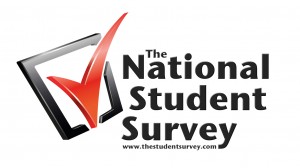In 2014 University Learning, Teaching and Student Experience Committee agreed a set of principles which stated that all appropriate assessments should be submitted through Turnitin.
Now we have moved to Canvas as the Virtual Learning Environment, this has opened up some new options for online submission. Alongside the Turnitin tool it is now possible to create Canvas assignments, which offer features like double blind marking, group submission and moderated marking, whilst still using the Turnitin similarity checker.
Given the new functionality now available, this is an appropriate time to revisit the principles. The updated Online Assignment Submission Principles were approved by University Education Committee in August 2020.
These principles are guidelines for how to get the most from submissions, advising that the Turnitin Similarity checks are carried out on Canvas and Turnitin assignments. If you allow students to submit multiple drafts they should not be allowed to see the similarity score, unless the assessment is focused on improving the students’ academic writing. Where appropriate the students’ work should be added to the Turnitin repository.
The principles recommend that Schools communicate to their students when their work is going to be put through the Turnitin similarity checker.
Full details are available in the Online Assignment Submission Principles document Online-Assignment-Submission-Principles.pdf
If you require support creating assignments, or using the marking tools, please see our list of Canvas webinars https://services.ncl.ac.uk/digitallearning/canvas/colleagues/training/
or the Flexible Learning 2020 Webinar programme https://services.ncl.ac.uk/digitallearning/contactandsupport/dropins/


